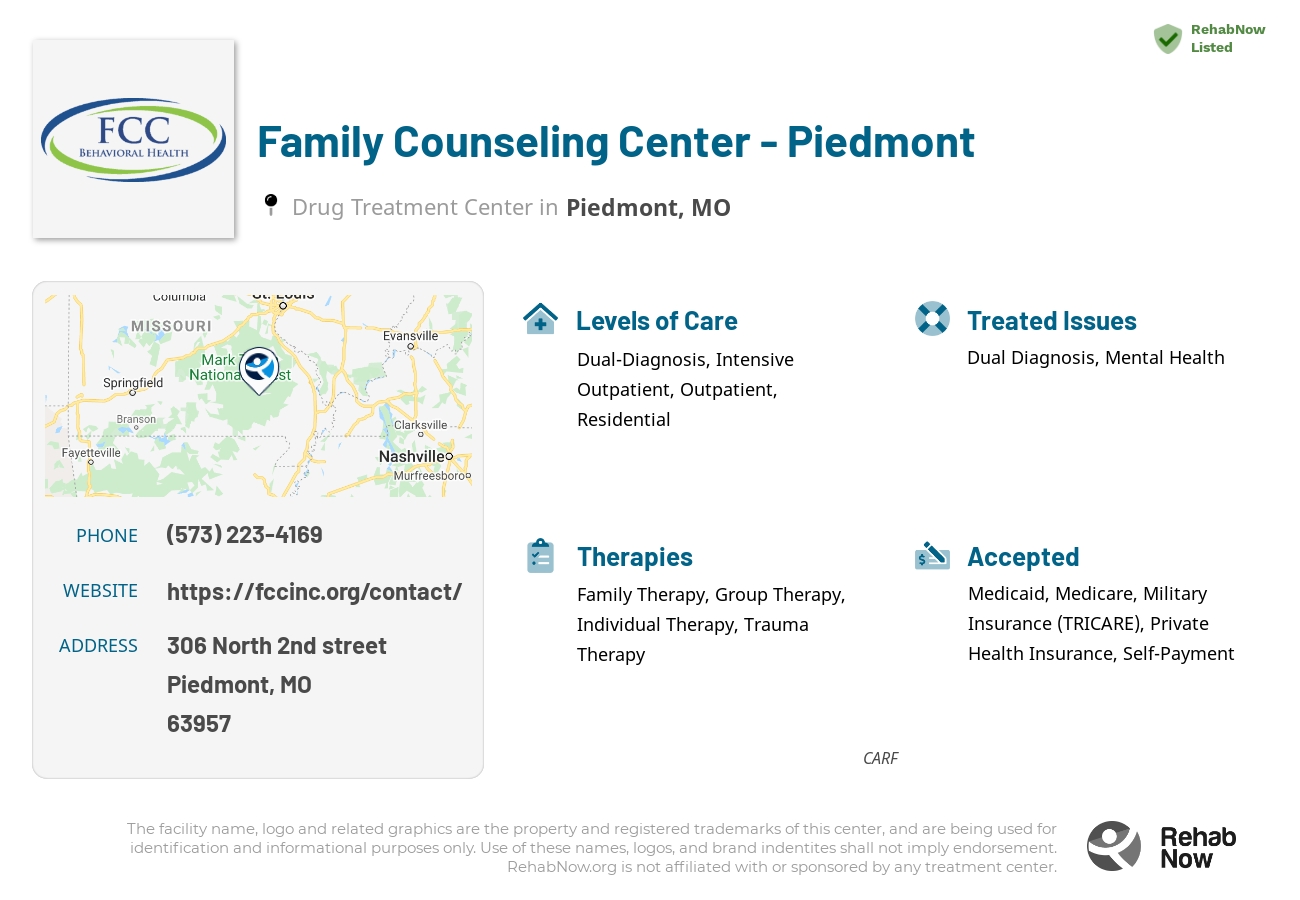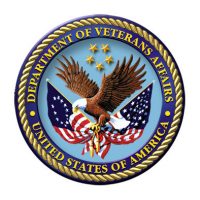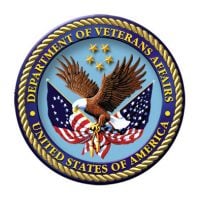
Family Counseling Center - Piedmont
Drug Rehab Center in Piedmont, Missouri
- Mental Health
- Dual Diagnosis
Family Counseling Center - Piedmont is a comprehensive counseling center in Missouri that specializes in treating addiction and substance abuse through individualized care and evidence-based treatment modalities.
About This Missouri Facility
Located in Piedmont, Missouri, Family Counseling Center - Piedmont stands as a beacon of hope for those battling addiction and substance abuse. It distinguishes itself by offering comprehensive treatments for seriously mentally ill adults over 18, focusing on improving daily living skills and social role functioning. Its unique approach combines medication management with individual therapy and enhanced group sessions.
This facility is recognized for its commitment to quality care, holding accreditations from CARF and the Missouri Department of Mental Health. Along with a Level 3 Accreditation from The Joint Commission, it boasts a team of certified and licensed mental health and addiction professionals. Services are tailored to individual needs, emphasizing recovery and enhanced quality of life.
- Specialized services tackle alcohol and drug addiction through methods like detoxification and relapse prevention.
- Crises intervention and psychosocial rehabilitation are integral to its approach, supporting immediate needs and long-term recovery.
- Individual, group, and family counseling options ensure comprehensive support for both clients and their loved ones.
Treating a wide array of addictions, Family Counseling Center - Piedmont employs a variety of methods including individual counseling, medication management, and both inpatient and outpatient care. The focus is on crafting personalized treatment plans that address the specific needs and issues of each client, fostering a path towards recovery.
Genders
Ages
Modality
Additional
Accreditations

CARF
The Commission on Accreditation of Rehabilitation Facilities (CARF) is a non-profit organization that specifically accredits rehab organizations. Founded in 1966, CARF's, mission is to help service providers like rehab facilities maintain high standards of care.
Conditions and Issues Treated
Dual Diagnosis refers to someone who is both dealing with addiction and another mental health issue.
There are different kinds of Dual Diagnosis: A person who simultaneously experiences both a mental illness and an addiction disorder. Or, a person who experiences one or more coexisting (simultaneous) mental health conditions in addition to a primary substance use disorder.
Some conditions that commonly co-occur with addiction include:
- Personality Disorders (Borderline, Narcissistic)
- Mood Disorders (Bipolar Disorder, Depression, Anxiety Disorder)
- PTSD (Post Traumatic Stress Disorder), OCD (Obsessive Compulsive Disorder), ADHD (Attention Deficit Hyperactivity Disorder)
- Schizophrenia, Psychosis, Hallucinations, Delusions
Levels of Care Offered at Family Counseling Center - Piedmont
This center offers a variety of custom treatment tailored to individual recovery. Currently available are Dual-Diagnosis, Intensive Outpatient, Outpatient, Residential, with additional therapies available as listed below.
Outpatient addiction treatment is beneficial for people who are able to function well in their day-to-day lives. It is recommended for people who are not yet ready to end their relationships with friends or family members who might be encouraging drug and alcohol use.
Intensive outpatient treatment is beneficial for:
- People who are able to attend treatment more than 3 times per week.
- People who do not meet the criteria for inpatient treatment.
- People who are able to contribute to their own recovery outside of the treatment center.
- People who are motivated towards recovery.
- People who are able to overcome addiction on their own without the need for higher levels of care.
Outpatient treatment programs provide drug and alcohol addiction treatment through individual sessions with a counselor, group therapy, 12-step meetings, and other activities to help individuals gain sober living skills. Most programs are designed for those individuals who have completed a medically supervised detoxification program and provide opportunities for clients to begin the process of early recovery.
Outpatient programs also offer a level of medical support as needed and psychological backing through therapy. Clients are encouraged to live at home, though there may be some flexibility regarding this requirement based on the circumstances and needs of each patient.
Outpatient treatment is perhaps the most common type of dual diagnosis program available. It does not pose a significant financial burden on patients. However, it is essential to note that outpatient treatment does not provide the support and supervision given in residential programs. Some addicts may need this level of support to maintain their sobriety.
Residential treatment programs are those that offer housing and meals in addition to substance abuse treatment. Rehab facilities that offer residential treatment allow patients to focus solely on recovery, in an environment totally separate from their lives. Some rehab centers specialize in short-term residential treatment (a few days to a week or two), while others solely provide treatment on a long-term basis (several weeks to months). Some offer both, and tailor treatment to the patient’s individual requirements.
Therapies & Programs
Therapy sessions focused on the individual addict can provide much-needed guidance as they work toward overcoming their addiction. These types of sessions typically involve guidance from a therapist, who will help addicts identify and process their feelings and cravings.
During these sessions, addicts may develop plans for coping with the triggers that typically lead to relapse and learn how to avoid those triggers during their recovery process.
The main goal of family therapy for drug addiction is to create an environment where communication can occur without judgment, hostility, or blame that often occurs within a family.
Family therapy is a type of group problem-solving that aims to improve communication and relationships between the patient, their family, and sometimes friends. The therapist is with the family as they learn to communicate with each other differently, especially with the addict when s/he is using.
The family can learn to reduce their enabling behavior or rally together and support each other during tough times. The patient also learns how to deal with their addiction and maintain sobriety while interacting with the family.
Different types of addiction treatment services are available. Within this article, group therapy is of interest due to its high success rate compared to individual therapy. Group therapy settings are beneficial because they allow recovering addicts to build a strong support network.
Benefits of group therapy are:
- Reduces feelings of isolation
- Immediate access to social support in the form of fellow addicts in recovery
- Lowers risk of relapse
- Increases rate of sobriety
- Builds coping skills that can be applied to everyday life
Trauma Therapy is a form of therapy that involves working with a patient to help them process and understand the past trauma(s) in their life. The idea behind it is that while some people can experience traumatic events and not have lasting psychiatric symptoms, many others will. In these cases, memories of the event get hidden from consciousness but continue to influence how the person processes and copes with things in their life. They may avoid situations that resemble what happened or become suddenly angry or irritated to a situation that reminds them of a past event.
With the help of a therapist, people can go back over memories and experiences. This helps them understand why they are having problems coping with certain situations and how they can change how they think and react to things. This therapy is typically done using techniques such as visualization, discussion, and writing down thoughts and feelings.
Trauma therapists will work with clients to help them understand their past and present relationships. Many times, patients may believe that something is inherently wrong with them or that they are unworthy of love. A therapist aims to correct these negative feelings and behaviors by helping the person realize that their actions do not reflect who they truly are.
One of the main goals of trauma therapy is to help clients express their emotions and talk about what they are feeling. This benefits both to increase awareness of how certain events have impacted them in the past and enables patients to realize that they can make changes in their lives.
Payment Options Accepted
For specific insurance or payment methods please contact us.
Is your insurance accepted?
Ask an expert, call (888) 674-0062
Family Counseling Center – MO Associated Centers
Discover treatment facilities under the same provider.
- FCC Behavioral Health - Turning Leaf Center in West Plains, MO
- FCC Behavioral Health - Adolescent CSTAR in Kennett, MO
- FCC Behavioral Health - Butler County Clinic in Poplar Bluff, MO
- FCC Behavioral Health - Women and Children's Program in Cape Girardeau, MO
- FCC Behavioral Health - Adolescent RISE in West Plains, MO
Learn More About Family Counseling Center – MO Centers
Additional Details
Specifics, location, and helpful extra information.
Piedmont, Missouri 63957 Phone Number(573) 223-4169 Meta DetailsUpdated April 15, 2024
Staff Verified
Patient Reviews
There are no reviews yet. Be the first one to write one.
Piedmont, Missouri Addiction Information
Opioid-related overdoses in Missouri have been increasing steadily for the past three decades. In 2018, more than 1,130 people in Missouri died from opioid abuse. Methamphetamines and marijuana abuse have surpassed opioid abuse in Missouri. Missouri is the number 1 methamphetamine manufacturer in the country with more than 27 meth labs per 100,000 people.
Treatment in Nearby Cities
- El Dorado Springs, MO (189.2 mi.)
- Pacific, MO (91.7 mi.)
- Malden, MO (57.9 mi.)
- Springfield, MO (143.2 mi.)
- Florissant, MO (114.7 mi.)
Centers near Family Counseling Center - Piedmont

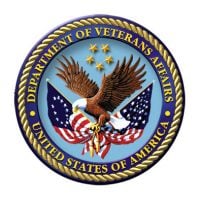
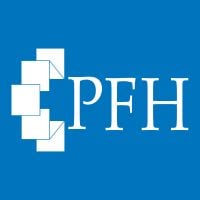
The facility name, logo and brand are the property and registered trademarks of Family Counseling Center - Piedmont, and are being used for identification and informational purposes only. Use of these names, logos and brands shall not imply endorsement. RehabNow.org is not affiliated with or sponsored by Family Counseling Center - Piedmont.


